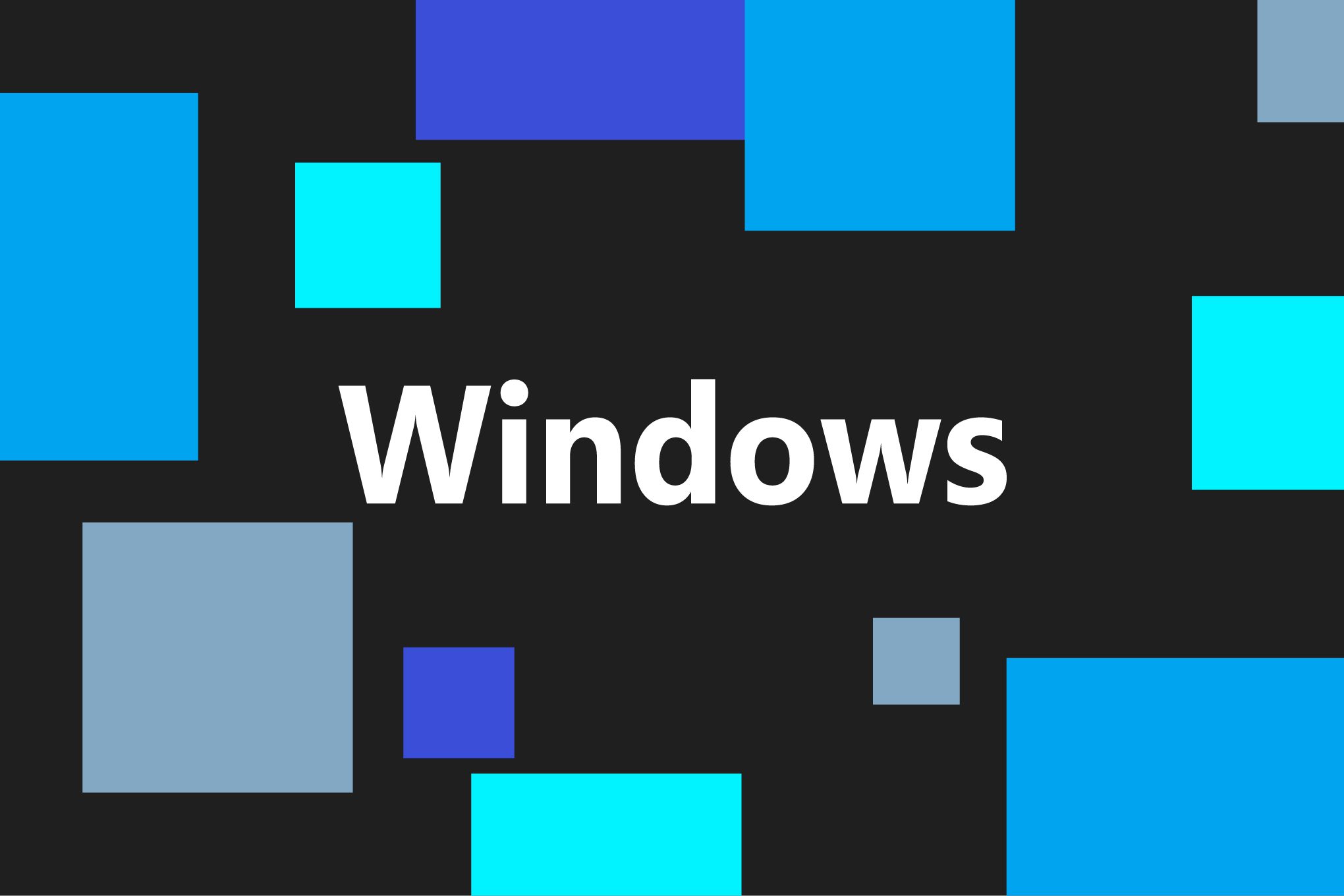
ea will be a very different company This morning’s announcement that EA plans to sell itself to a consortium of private equity firms is one of the biggest business stories of the year.
ea will be a very different company
The Historic Deal
The $55 billion deal marks the largest leveraged buyout in history, a significant milestone not only for Electronic Arts (EA) but also for the gaming industry and the broader financial landscape. This monumental shift in ownership is expected to have far-reaching implications, reshaping the way EA operates and interacts with its stakeholders.
Understanding Leveraged Buyouts
A leveraged buyout (LBO) occurs when a company is purchased using a significant amount of borrowed money, which is often secured against the company’s assets. In this case, EA will be taking on approximately $20 billion in new debt, primarily financed by JP Morgan Chase. This debt will play a crucial role in how the company navigates its future, as it will need to generate substantial revenue to meet its financial obligations.
Financial Implications
Wedbush Morgan analyst Michael Pachter estimates that EA will face annual service payments of around $1 billion on this debt. This financial burden will likely shift the company’s focus towards generating consistent revenue streams, potentially leading to changes in its game development strategy. The pressure to deliver profitable titles could result in a more conservative approach to game releases, prioritizing established franchises over new, innovative projects.
Impact on Game Development
The transition from a publicly traded company to a privately owned entity will likely alter EA’s approach to game development. Historically, public companies are often driven by quarterly earnings reports and shareholder expectations, which can stifle creativity and innovation. In contrast, private ownership may allow EA to take more risks in its game development process, as it will no longer be beholden to the same level of scrutiny from public investors.
Potential for Innovation
With the removal of the pressure to meet short-term financial goals, EA could have the freedom to explore new genres, experimental gameplay mechanics, and unique storytelling methods. This could lead to a revitalization of the company’s portfolio, potentially resulting in the development of groundbreaking titles that push the boundaries of what video games can achieve.
Focus on Core Franchises
Conversely, the financial obligations stemming from the leveraged buyout may also lead EA to double down on its most profitable franchises. Titles like FIFA, Madden NFL, and The Sims have historically generated significant revenue for the company. As a result, EA may prioritize sequels and expansions for these franchises, potentially at the expense of new intellectual properties.
Stakeholder Reactions
The announcement has elicited a range of reactions from various stakeholders, including gamers, industry analysts, and investors. Many gamers are expressing concern about how this change will affect the quality and diversity of games produced by EA. The fear is that the company may prioritize profitability over creativity, leading to a homogenization of game offerings.
Industry Analysts’ Perspectives
Industry analysts have provided mixed opinions on the potential outcomes of this deal. Some believe that the financial pressure could stifle creativity, while others argue that the move to private ownership could foster a more innovative environment. The consensus is that the next few years will be critical in determining the long-term impact of this transition on EA’s game development strategy.
Investor Sentiment
Investors have also reacted to the news, with some expressing optimism about the potential for increased profitability under private ownership. The expectation is that the consortium of private equity firms will implement strategies aimed at maximizing returns on their investment. However, this could come at the cost of long-term brand loyalty and consumer trust if the focus shifts too heavily towards short-term gains.
Market Dynamics and Competition
The gaming industry is highly competitive, with numerous players vying for market share. The shift to private ownership may alter EA’s competitive stance, especially in relation to other major publishers like Activision Blizzard, Ubisoft, and Take-Two Interactive. These companies will be closely monitoring EA’s strategies and may adjust their own approaches in response to the changes.
Potential for Consolidation
The deal could also signal a trend towards further consolidation within the gaming industry. As private equity firms look to maximize their investments, they may seek to acquire additional gaming companies, leading to a more concentrated market. This could have significant implications for independent developers and smaller studios, potentially limiting their opportunities for growth and innovation.
Consumer Impact
For consumers, the implications of EA’s transition to private ownership are multifaceted. On one hand, there is the potential for more innovative and diverse game offerings. On the other hand, the financial pressures associated with the leveraged buyout may lead to a focus on monetization strategies that prioritize short-term profits over player satisfaction. This could manifest in the form of increased microtransactions, subscription models, or other revenue-generating tactics that may not align with consumer preferences.
Long-Term Outlook
The long-term outlook for EA following this monumental deal remains uncertain. While the potential for innovation exists, the financial obligations tied to the leveraged buyout will undoubtedly shape the company’s strategic decisions. The next few years will be critical in determining how EA navigates this new landscape and whether it can balance the need for profitability with the desire for creative freedom.
Monitoring Changes
As EA transitions into private ownership, stakeholders will be closely monitoring changes in the company’s game development strategy, financial performance, and overall corporate culture. The reactions from gamers, industry analysts, and investors will provide valuable insights into how this shift is impacting the gaming landscape.
Conclusion
In summary, EA’s move to private ownership represents a significant turning point for the company and the gaming industry as a whole. The implications of this deal are vast, affecting everything from game development to market dynamics. While there are opportunities for innovation and growth, the financial pressures associated with the leveraged buyout could also lead to a more conservative approach to game releases. As the industry evolves, stakeholders will need to remain vigilant in assessing the impact of this monumental change.
Source: Original report
Was this helpful?
Last Modified: September 30, 2025 at 3:37 am
0 views















